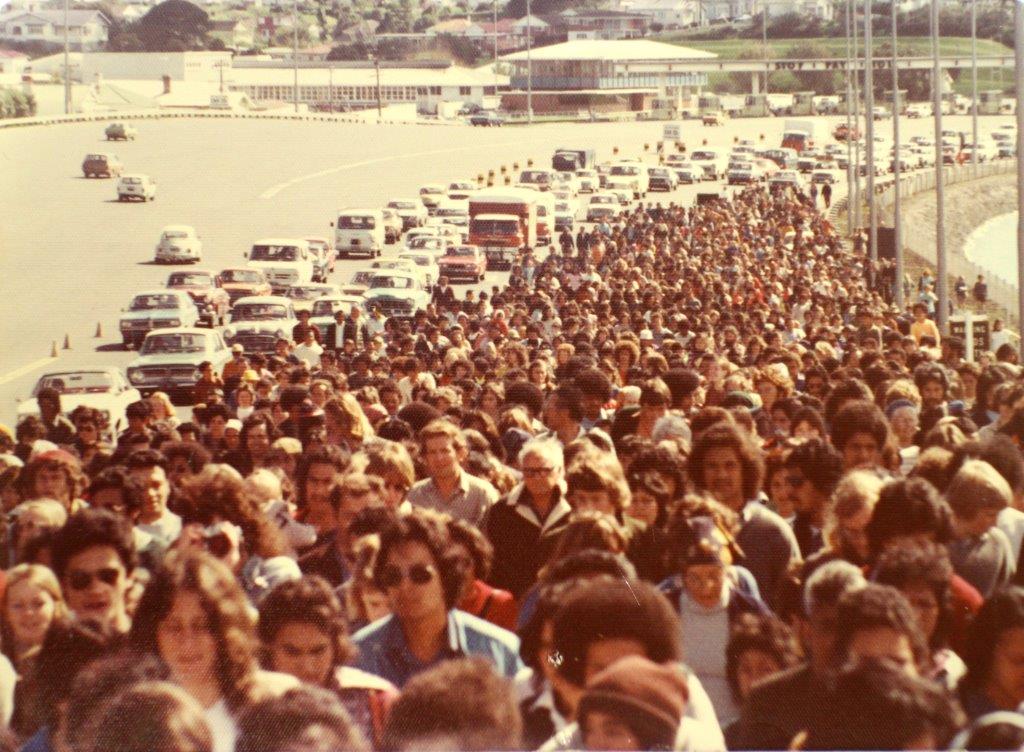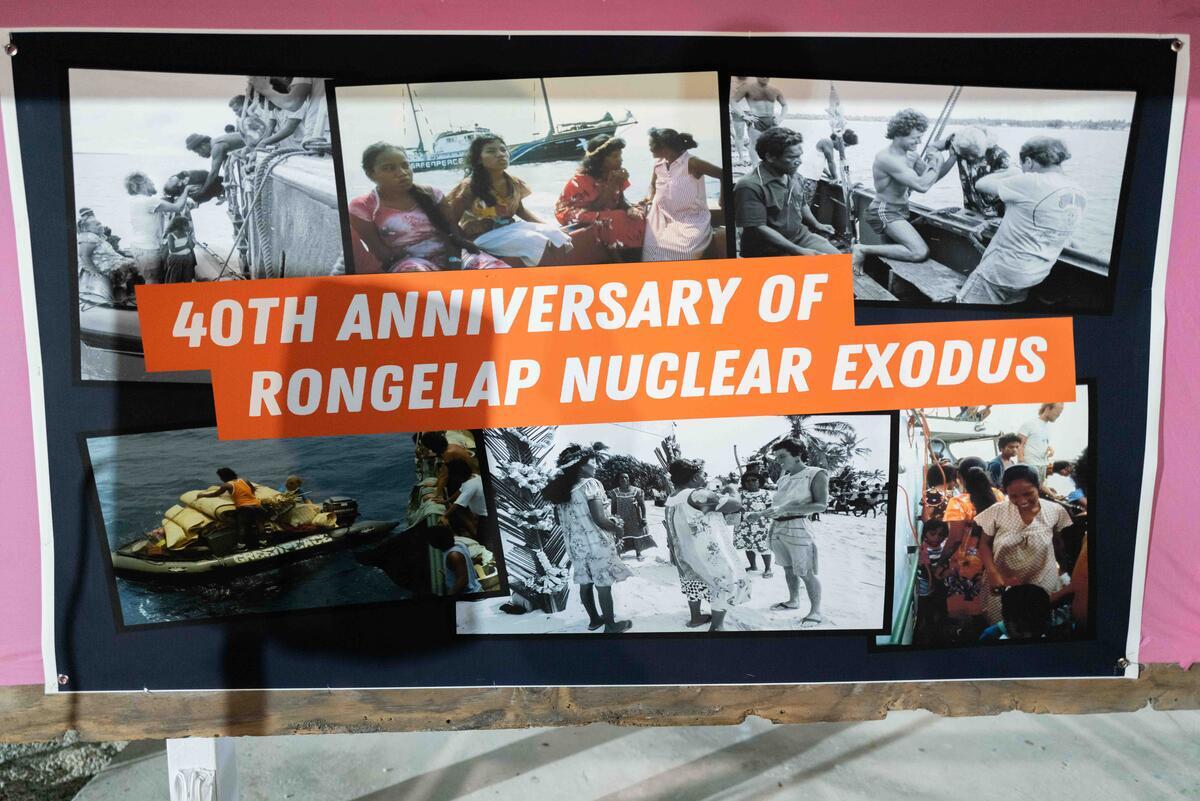Since Te Tiriti o Waitangi was signed, there have been innumerable acts of Parliament, judicial decisions, Waitangi Tribunal reports and acts of government based on the understanding that Article 2 of te Tiriti was a promise by the Crown to Māori, and only Māori, to protect their rangatiratanga over their whenua (land), kainga (homes), and other taonga.
ACT’s referendum proposal depends on a different interpretation. Te Tiriti (the binding reo Māori text signed at Waitangi) records the Article 2 guarantees as being for “nga Rangatira ki nga hapu-ki nga tangata katoa o Nu Tirani,” or “the chiefs, the subtribes and all the people of New Zealand”.
ACT says that Article 2 enshrines property rights for literally “every New Zealander”. But does a literalist’s understanding in 2024 of words used in 1840 really reflect what was intended by the parties to te Tiriti?
The English language drafts that preceded te Tiriti shed light on British intentions. They state that Article 2 is for the benefit of “the Chiefs and Tribes of New Zealand and to the respective families and individuals thereof”: Māori. Why, then, does Article 2 of te Tiriti make promises to “nga tangata katoa o Nu Tirani” or “all the people of New Zealand”?
In 1840, according to the Oxford English dictionary, the meaning of “New Zealander” was “a Māori person”. To the same effect, the Oxford Dictionary of New Zealand English defines “New Zealander” as “Māori” in early usage, noting that “with increasing European settlement after 1840, the term widened in application to include non-Maori immigrants”. British immigrants born or resident in New Zealand were “British subjects” before and after te Tiriti; New Zealand was a colony of Britain until 1947. It was not until 1948 that people born in New Zealand became New Zealand, not British, citizens.
This early distinction between “New Zealanders” (Māori) and “British subjects” matches the historical record leading to the signing of te Tiriti.

The Colonial Office was the arm of British Government that set the boundaries and pre-conditions for the negotiation of a treaty by Governor Hobson. In December 1837 the head of the British Colonial Office said in correspondence on these issues: “It is difficult or impossible to find in the History of British Colonization an Example of a Colony having ever been founded in derogation of such Rights, whether of Sovereignty or Property, as are those of the Chiefs and People of New Zealand… Great Britain has no legal or moral right to establish a Colony in New Zealand, without the free consent of the Natives… To impart to any Individuals an Authority to establish such a Colony, without first ascertaining the consent of the New Zealanders… [would be] an unrighteous use of our superior Power.”
In 1832 a representative of the King of England corresponded with 13 rangatira from the north. The rangatira requested that the King take action to prevent British settlers in New Zealand harming Māori. The King declined at that time “…to afford his protection to the inhabitants of New Zealand, against any acts of outrage which may be attempted against them by British subjects…”.
Henry Williams’ translation to Māori of this response renders the phrase “the harmful deeds of British Subjects” as “nga mahi kino o nga tangata o Ingarani”, or “the harmful deeds of the people of England.” In translating “the inhabitants of New Zealand”, against whom those misdeeds were directed (i.e Māori), he uses the phrase “nga tangata o Nu Tirani”; “the people of New Zealand”.
Henry Williams’ 1832 translation is not his most well-known work. He was the principal translator of the English language drafts of the Treaty into the reo Māori text that was signed at Waitangi on February 6, 1840, assisted by his son Edward.
Article 2 of te Tiriti records guarantees being made to “nga tangata katoa o Nu Tirani”. This can be rendered into English as “all the people of New Zealand,” but in Williams’ 1832 and 1840 translations both “nga tangata katoa o Nu Tirani” and “all the people of New Zealand” meant Māori.

Article 2 was intended to guarantee property rights to Māori, not British subjects, and not “all New Zealanders” in the sense we understand in 2024.
Reflecting this, one of the Crown’s early post-Treaty acts was to reverse some unfair pre-Treaty land transactions with British subjects. That process was planned well before te Tiriti, was promised (in more emphatic terms) to Māori in the discussions leading to te Tiriti, and could not have been done if British subjects’ pre-Tiriti property rights were guaranteed by Article 2.
ACT’s proposed bill has many problems (imagine trying to redefine a tax treaty by referendum), but at its heart it involves an apparent misunderstanding of what Article 2 means.
Perhaps underlying that misunderstanding is a belief that a just application of te Tiriti requires equal treatment.
Legal rights are often conferred unequally without objection (for example, rights of access to land in New Zealand favour landowners).
In the context of te Tiriti, ACT has suggested it is objectionable to give Māori unequal rights simply because they are Māori.
Article 2 guarantees were not offered to Māori because they were Māori, though. They were offered because Māori had (in English terms) important and valuable control, ownership and other interests in property.
As the Colonial office observed in 1837, prior to 1840, Māori between themselves had sovereignty and “property” over New Zealand. It was those rights that Article 2 of te Tiriti addresses.
The Crown guaranteed to Māori that their rangatiratanga/sovereignty and other property rights would not be disturbed, and in return Māori signatories agreed (amongst other things) that the Crown would exercise kawanatanga/governorship and would be the first purchaser of land they wished to sell.
The Crown’s Article 2 guarantees would not have been given unless honouring them legally, strategically, politically, and perhaps morally, benefited the Crown and so Pākehā. That much, at least, has not changed.
Michael Heard is a lawyer with experience litigating constitutional and Treaty of Waitangi issues.
This article was originally published in The Post.



